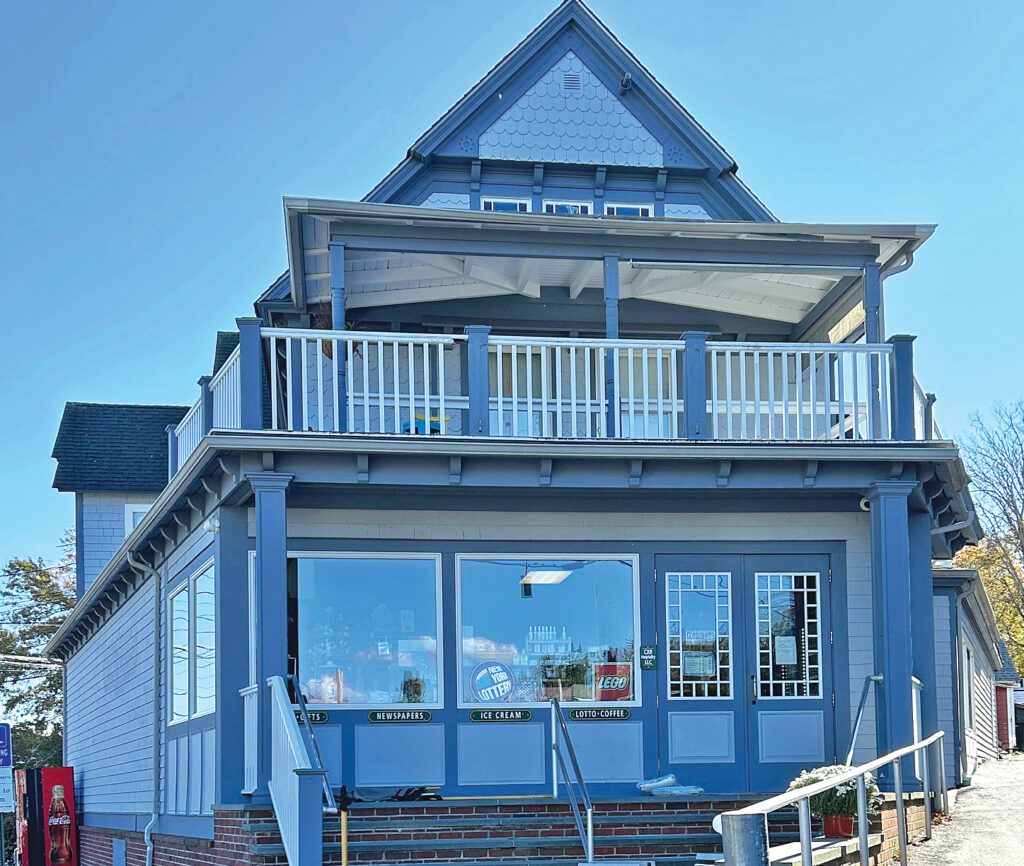View From the Bridge: How government should work

My professional life has been spent as an engineer, elected official, and merchant marine deck officer.
Only rarely have political reflections occupied my thoughts, but lately I find myself increasingly focused on events in our nation, from federal to local levels.
I’ve long viewed government as a mechanism to do for citizens what they cannot do for themselves. Its foundational role is to undertake endeavors beyond the reasonable grasp of individuals — national defense, infrastructure, public health, environmental protection, and economic regulation, to name but a few.
National defense exemplifies this principle. The maintenance of military forces and strategic alliances is far beyond individual capacity. Infrastructure — roads, bridges, water systems, air traffic control, and electrical grids — also require coordination and resources that only government can provide.
Public health systems demonstrate how governments can mobilize resources to control disease, promote vaccination, and respond to crises. The COVID-19 pandemic showed how regulation and distribution of vaccines protected millions.
Environmental protection is another area where government action is essential. Regulations curb pollution and promote sustainability and safeguard shared resources. These efforts, along with education, law enforcement, and rights protection, preserve the public good.
Government not only manages current needs but also shapes the future. This brings into focus the difference between proactive and reactive governance. Proactive governance anticipates challenges and crafts policies to mitigate risks and foster resilience. Reactive governance responds to crises as they arise, often under pressure.
Proactive governance invests in research, capital planning and infrastructure upgrades, and education reform before problems emerge. It anticipates cyber threats, sets emissions targets, and funds health programs before epidemics arise. It prepares for economic shifts with retraining and support for displaced workers.
Reactive governance, while necessary in emergencies, can be inefficient and costly. Fixing bridges after a collapse or implementing health measures post-outbreak can result in avoidable losses. A government always on the back foot cannot inspire confidence or build lasting prosperity.
The ideal is a blend: agile enough to respond to immediate needs, wise enough to prepare for future challenges. Proactive governance requires foresight, investment, and tough decisions, often without immediate acclaim, but with long-term benefits.
Democracy gives citizens a voice in governance, achieved through representative and direct forms. Representative democracy entrusts elected officials to deliberate and decide on complex issues, balancing diverse interests and drawing on expertise.
Direct democracy allows citizens to vote directly on laws and policies through referendums or initiatives. It fosters engagement and ownership, but can be swayed by public opinion, vocal monopolies, media influence, and lack of expertise on complex issues.
Modern governance often blends both forms. Representative bodies may consult the public directly, and citizens may petition representatives. This balance defines the character of a democracy.
Years ago, my late friend and former Town Board member Jim Messer and I discussed Shelter Island Town government. Jim believed that while our system is representative, it has elements of direct democracy. For him, elected officials were accessible — meeting constituents at the post office, IGA, bowling league, or local restaurants.
Having spent nearly 20 years in local government myself, governments are at their best when they empower citizens, undertake collective action for the common good, and anticipate future needs. The approach to governance — proactive or reactive, representative or direct — shapes policies and the spirit of participation and trust.
A wise government recognizes its unique role, does what individuals cannot do alone, and strengthens the democratic bond between itself and the people it serves.









